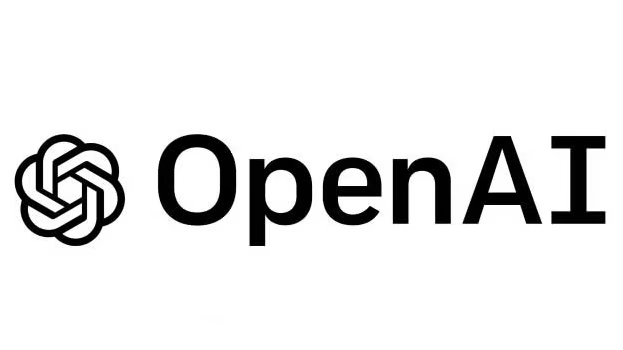Google is set to host a dedicated event, ‘The Android Show: I/O Edition,’ later today, May 13th, distinct from its main annual developer conference, Google I/O, scheduled for May 20-21. As reported by sources like Business Standard, this specialized event is widely expected to serve as the launch platform for the stable version of Android 16, the next major iteration of the world’s most popular mobile operating system.
The decision to hold a separate Android-focused event suggests Google aims to give its flagship operating system updates ample spotlight, potentially freeing up the main I/O keynotes to concentrate heavily on advancements in Artificial Intelligence (AI), a major strategic focus for the company. Android 16 has been progressing through its developer preview and beta stages over the past few months, with the final beta version, Beta 4, having been released on April 17th. Today’s event is anticipated to mark the culmination of this development cycle, unveiling the finalized feature set and signaling the start of the rollout process, initially for Google’s own Pixel devices, followed by devices from other manufacturers later in the year.
Based on features observed during the beta program and industry leaks, Android 16 is expected to introduce a mix of user-facing enhancements and under-the-hood improvements. Refinements to the user interface, potentially incorporating elements of the ‘Material You’ design language evolution possibly dubbed ‘Material 3 Expressive,’ are likely. Google’s research into user emotional responses and eye-tracking, as mentioned in related reports, may inform subtle but impactful design tweaks aimed at creating a more engaging and intuitive user experience. Enhanced privacy and security features are almost always a cornerstone of new Android releases, and Android 16 is expected to continue this trend, potentially building upon the Privacy Sandbox initiatives and offering users more granular control over app permissions and data access.
Integration with AI is also a likely theme. Features leveraging on-device AI capabilities, possibly powered by Google’s Gemini Nano models, could be expanded. This might include smarter notification management (like the rumored ‘notification cooldown’ feature to prevent repetitive alerts), more context-aware suggestions, and enhanced capabilities within Google apps like the Photo Picker. Improvements aimed at optimizing performance across a wider range of hardware, including better support for large-screen devices like tablets and foldables through adaptive layouts, are also anticipated. Features previewed in betas, such as real-time notification updates for certain app types and improved accessibility options, are expected to be part of the final release.
Beyond the core OS, the event might also provide updates on related Android ecosystems. There’s speculation about Android XR, the mixed-reality platform being developed in collaboration with Samsung, potentially seeing some stage time, perhaps revealing more about its capabilities or roadmap. Updates regarding Wear OS, Google’s platform for smartwatches and wearables, could also feature, showcasing new functionalities or hardware partner integrations. The event provides Google a crucial opportunity to articulate its vision for the future of Android, emphasizing seamless integration across devices, enhanced intelligence, and a user experience that is both personalized and secure. The full details and official launch of Android 16 are eagerly awaited by developers and consumers alike.
Source: Business Standard

